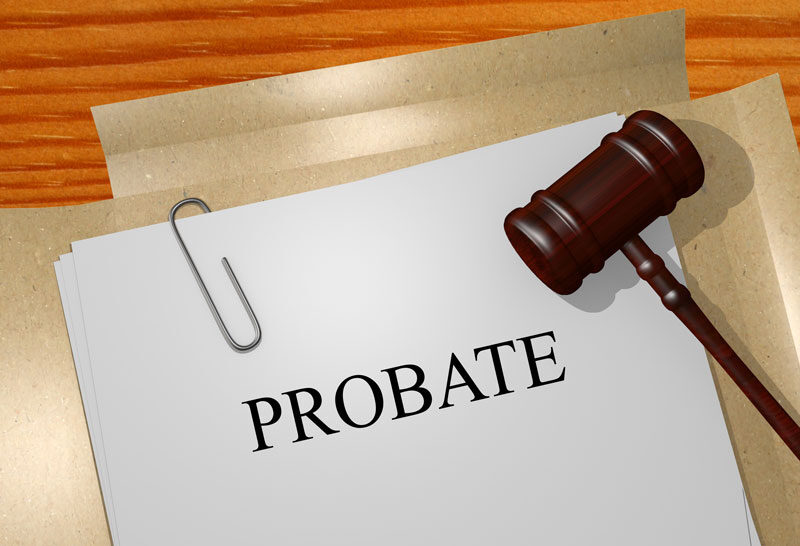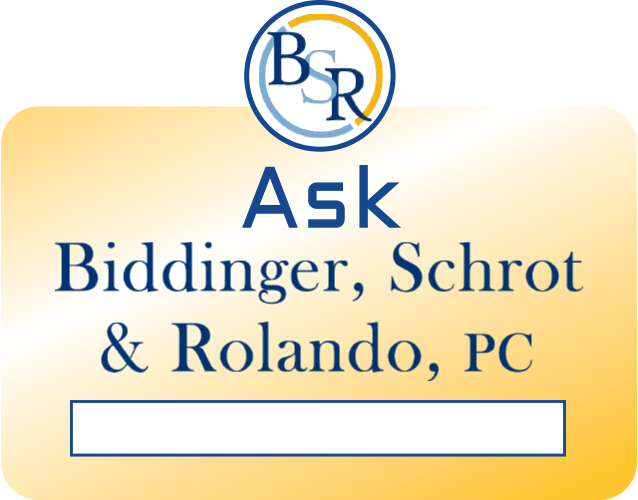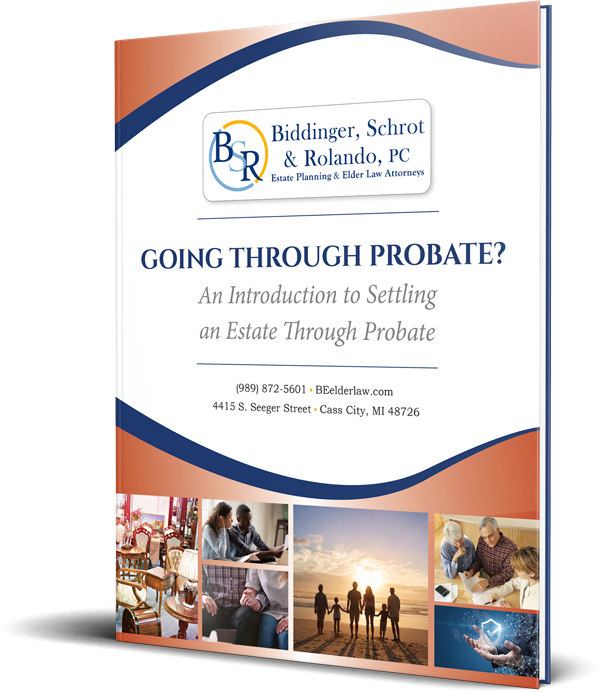Probate
Probate Attorneys in the Thumb of Michigan

Schedule a Confidential Consultation
Detailed Contact Form
"*" indicates required fields
Navigating the Probate Court Process: Ensuring Fair Distribution of Estate Assets
Probate, a legal process overseen by the court, serves as the mechanism through which the assets of a deceased individual, also known as the decedent, are distributed to heirs or settled with creditors. However, this process, particularly in Michigan, can be laden with complexities, extending the duration and adding to the emotional toll, especially when questions arise regarding the validity of the decedent's will or if challenges to the will or trust emerge. Coupled with the profound grief following the loss of a loved one, the probate journey can indeed feel overwhelming.
In Michigan, the probate process demands attention to detail and adherence to legal procedures, making it common to seek guidance and support from a probate attorney. If you find yourself probating an estate our team can compassionately guide you through every step of the process. If you would like to ensure that your estate will not be subject to probate, we can show you ways to avoid it.
Understanding the Probate Process:
When a decedent has designated an executor in his or her will, this individual assumes the responsibility of initiating the probate process by filing paperwork with the court and paying the associated fees.
If the decedent did not name an executor, the probate court will appoint a personal representative, tasked with similar obligations. (A personal representative is also appointed when the person who was named as executor cannot fulfill their role.)
While every estate is unique, the executor or personal representative is typically required to do all of the following:
- Compilation of an exhaustive inventory of all estate assets.
- Notification of the decedent's creditors regarding the impending probate proceedings.
- Informing next of kin and beneficiaries outlined in the will about the decedent's passing.
- Diligent filing of all requisite paperwork with the court throughout the probate process.
- Defend the will if it is challenged.
- Appraise and manage all estate property
- Completion and submission of federal and state tax returns, along with settling any outstanding tax liabilities.
- Transfer the titles of all real property
- Facilitate the transfer of all probate assets to new owners
As you can see, accomplishing all of this would be difficult under the best of circumstances. Doing so while grieving is even more challenging. Consequently, it's not uncommon for executors and personal representatives to seek the assistance of probate attorneys to navigate this court process.
If you have been named as executor of a loved one’s estate, or are serving as personal representative, our Michigan probate attorneys can handle all, or part, of the probate court process for you. This will allow you and your family to focus on what is most important—coming to terms with the loss of your loved one and honoring their memory. We invite you to contact us at your earliest convenience to schedule a consultation.
Attend A Workshop
There are no upcoming events at this time


